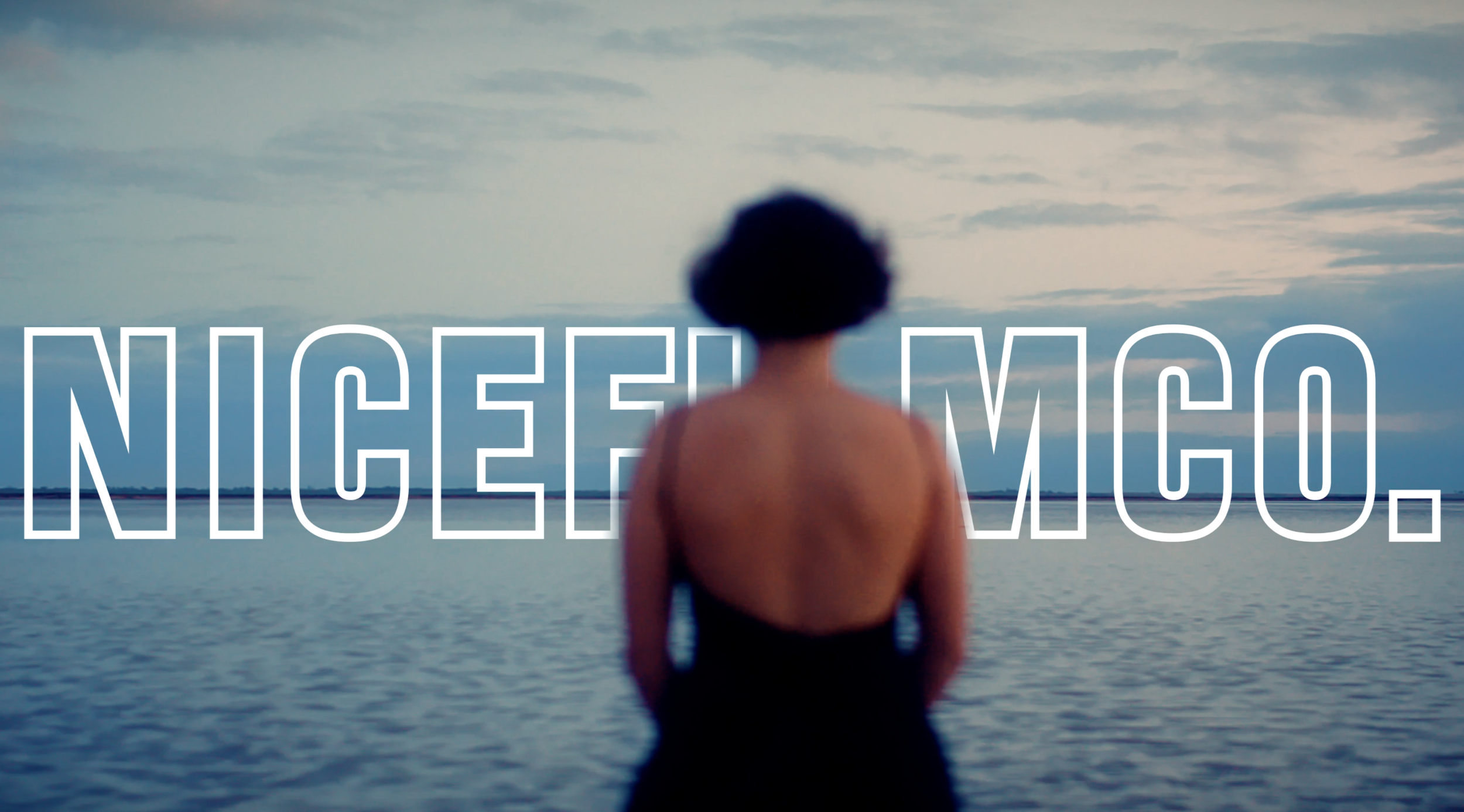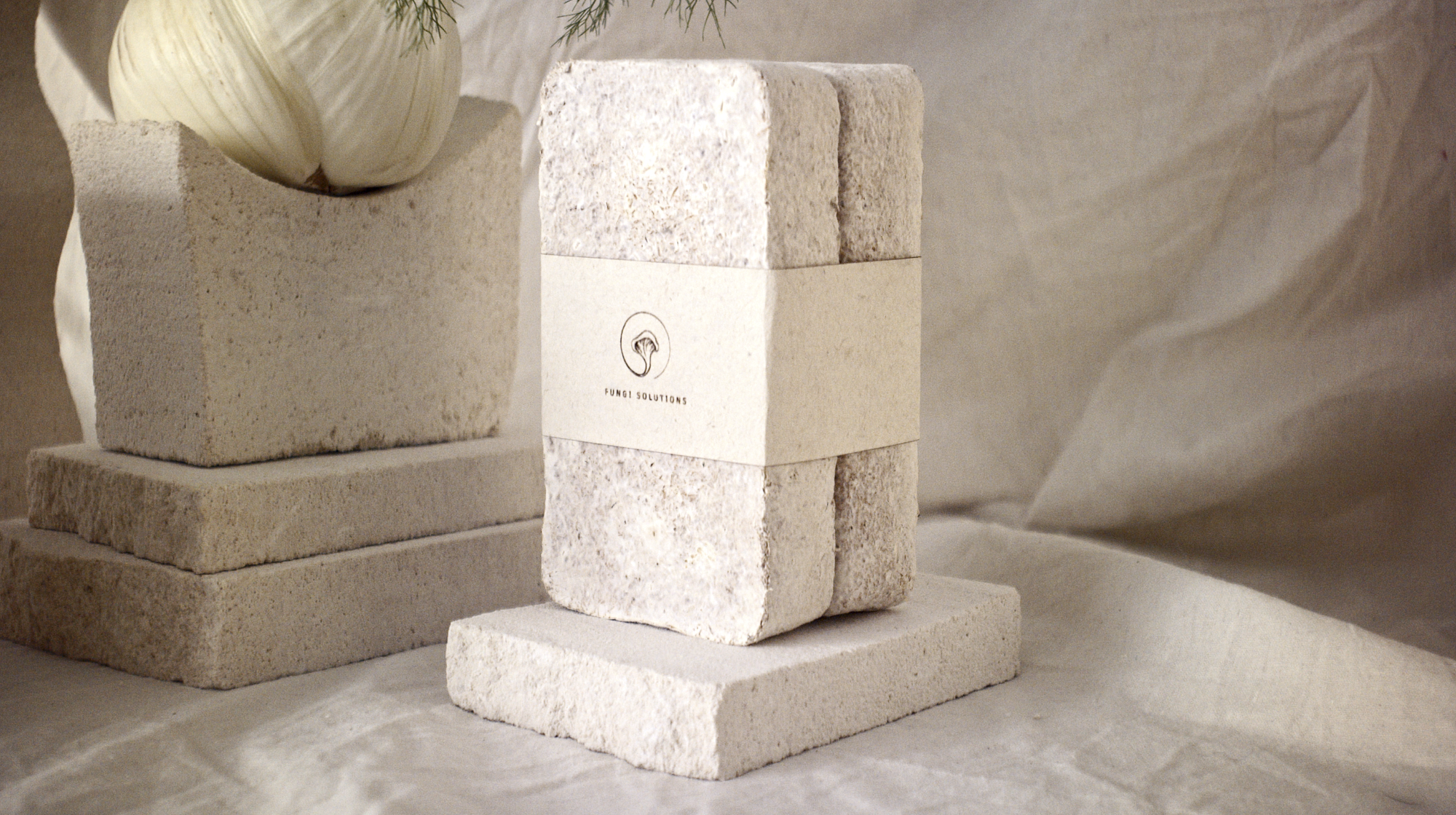An Interview with Emily Medbury from Nice Film Co & Fungi Solutions
What were some of your early influences?
Growing up, I immersed myself in any creative activity I could get my hands on. My mum's an artist and painter, so her creativity was a big influence. My dad is an engineer and a director and strategic advisor, and he taught me how to take ideas and concepts and turn them into something that was quite real and tangible.
When I finished high school, I had so many interests that I found it hard to decide what to do. The idea of going into a degree that ultimately had one career outcome made me feel like I was being trapped into one trajectory, but I eventually chose the Whitehouse Institute of Design because it gave me a flexible program condensed into two years.
During that degree, I started researching circular design. I knew that the fashion industry was a major contributor to waste but when I started researching it for myself, the monumental scale of the problem was really confronting. So I started looking into solutions, anyone that was doing something, to help deal with the enormity of the problem. And I got hooked.
How did you get involved in practical solutions to the problem of waste and inequality in fashion?
I basically walked into Oxfam’s head office and said, ‘I'm freaking out about all this and I need to know that there's something I can do’! I started volunteering with them and eventually became the lead activist for the ‘What She Makes’ campaign, advocating for rights for women in the garment sector in Bangladesh and Cambodia and for all women who weren't getting a living wage.
At the same time, I created a magazine for my graduate project called Transparent Magazine. The magazine looked at the need for transparency and circularity in the industry and featured local businesses and individuals working in slow fashion or ethical responsibility.
Seeing all these people doing such exciting and innovative work, was so good for me. It gave me a sense of hope that there is a solution. It’s also where I met Amanda, who was working on making luxury wear using fungi.
How did your Nice Film Company come about?
After I graduated, I was unemployed and had never been so poor in my life! My now business partner, Harry, was also in the same position, he’s an incredible cinematographer and always wanted to be a filmmaker, so in between part-time work, we decided to make a film about Amanda as a passion project. We scraped together $50 and challenged ourselves to make a short film to create some awareness around Amanda’s work.
We shot Mycelium Made about Amanda and her work on this ridiculously small budget but I poured everything into the film. We entered it into the Unscene Film Festival not expecting anything and to our surprise, we won! The money was great but we also won an amazing film camera. Harry then asked me if I’d co-found a film company with him, so I suddenly found myself as the CEO and director of Nice Film Company.
I remember seeing people watching the film at the premiere and crying. I knew it meant a lot, but it was definitely more of an emotional response than I expected. I think it was getting people to think about a future that had exciting possibilities rather than the doom and gloom that was very prominent at the time.
A passion project is all well and good but how do you take the next step?
We did a short course in micro business, trying to figure out how to run a business. We also decided to go full-time at the business rather than part-time. There was a lot of cold-calling, hustling, trying to get brands that we believed in to work with us. This was also just as COVID lockdowns hit so it was terrible timing – trying to maintain our enthusiasm for two years wasn’t easy. At the same time, limiting ourselves to only working with businesses in circular design, or those that have a positive ethical or environmental was challenging. But we persisted and eventually picked up some amazing opportunities that we built into a portfolio.
One of the more interesting things about COVID was that during the two years of lockdown, all of these businesses behind the scenes were coming up with more innovative solutions. Awareness around sustainable design also increased during that period so now we’re growing really rapidly.
How difficult was it just to stay really true to your purpose?
There were times when we were strapped for cash and a job came in that presented a moral dilemma for us. But if I was to stray too far from the path and take any job, even if I didn't really believe in it, then what's the point?
I made this company because it's what I want to do and what I believe in. One of the biggest lessons for me is that I should stick to my guns. And now, this sector is growing more rapidly than I could have ever hoped, which is so exciting.
How did Fungi Solutions come about?
During lockdown, Amanda messaged me and said that she’d co-founded an enterprise to try to scale what she was doing. Amanda had all the expertise in mycology and I came on as a creative director to help convey all of the technical information – everything from their logo design to their website to photography, film, the creation of all their assets was pretty much just me. But helping build up the business was so amazing and it was great seeing a sense of excitement build around the work that Fungi Solutions was doing.
With both Nice Film Company and Fungi Solutions taking off, I’m now having to step back from Fungi Solutions and dedicate myself to Nice Films. But it was one of those once-in-a-lifetime opportunities that I could never have passed up.
Where do you see Fungi Solutions heading?
If you start a business that's one of the first in the world, the challenges are borderline limitless. There are a lot of companies now creating mycelium products but not quite like Fungi Solutions’ focus on waste management.
“The waste in agricultural industries is enormous, but if you can train mycelium to break down this waste, then you’re creating a product as well as a solution, a closed loop system.”
The challenge of scalability is quite prominent, as is the challenge of finding investment for research and development to ensure that when it goes to the consumer, it is a hundred percent the best it can be.
Mycelium is also alive, meaning it’s you are working with a living organism – sometimes it's really temperamental and not hungry, other times it flourishes, this is where the team at Fungi has really excelled in refining their processes.
We also don’t want to have one big facility because the logistics of shipping the waste around is a part of the problem. If you can put a ‘Myco-Cycling’ facility at the source of the waste, that solves the transportation issue and becomes another revenue stream for these farmers or suppliers.
There's a million moving parts to this and you need to be really smart about launching, like any business, to ensure that you have commercial viability and sustainability in mind.
All this real world experience working in these industries has, however, taught me more than I could have ever learned studying.
What do you see as the golden thread running through your life?
Ever since I was a kid, I did things that interested me and that got me really excited. I'm really excited by people and I can be, almost to a fault, overly optimistic of how great people can be. I'm constantly inspired by people around me.
Following that philosophy of being fundamentally curious has taken me on the most random course that I never would've predicted, but it's led me here and definitely in a place now where it definitely feels right. The excitement of endless possibilities and not knowing what the future holds is what continues to motivate me and fuel my passion.
Learn more about Fungi Solutions
Learn more about Nice Film Co






